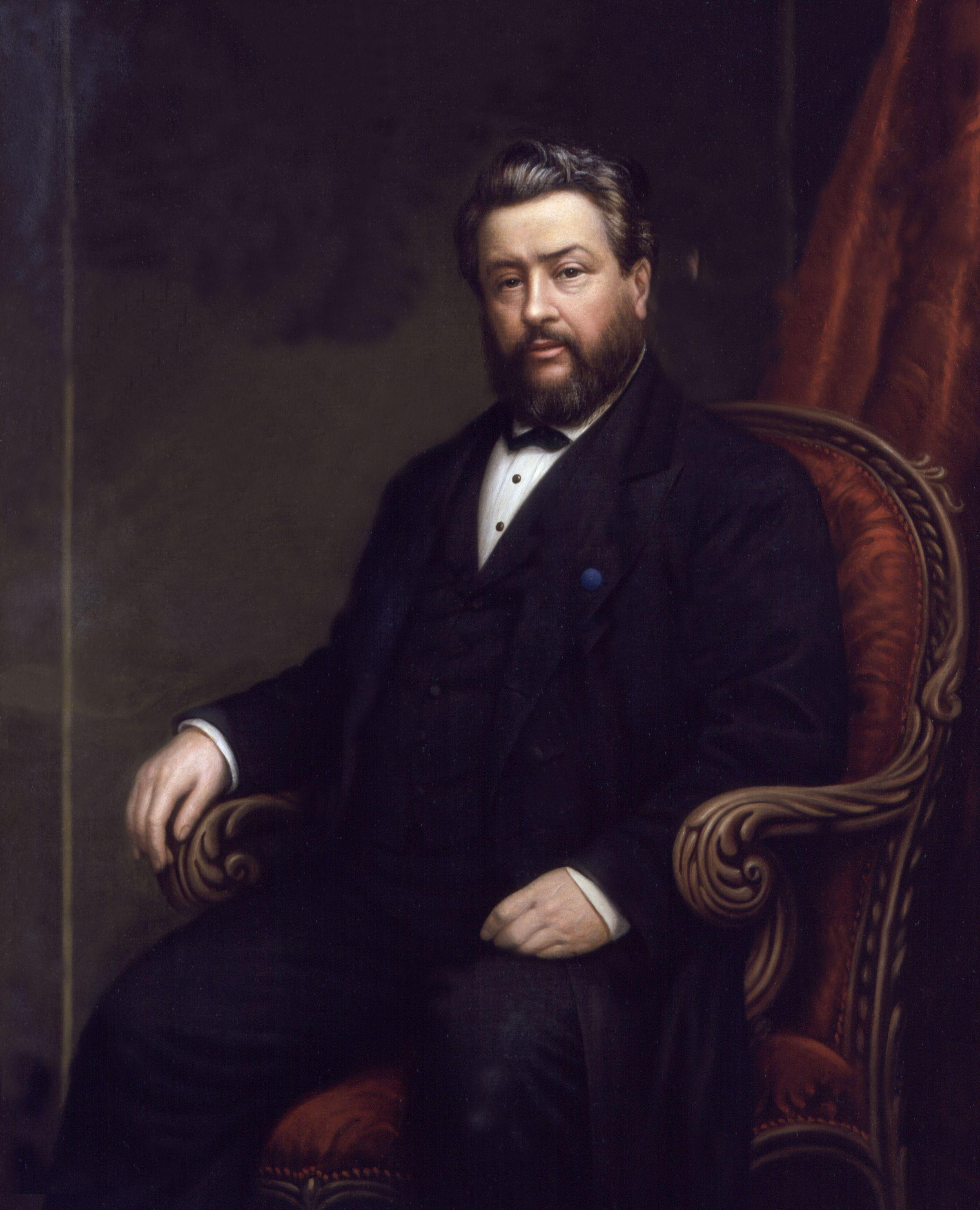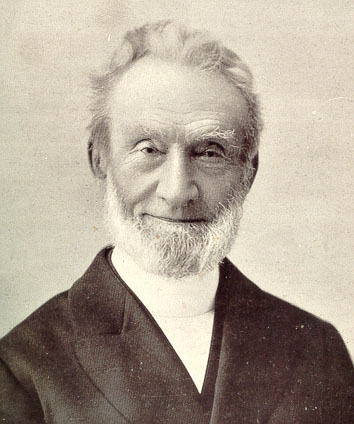Well quite a lot. That is why we love to read what they wrote. Many Christians today turn to these men when question comes up. What did Spurgeon think about Christmas? What did Calvin teach about the Lord's Supper?How did George Muller pray? Some of these men were some of the greatest thinkers in world history and what they wrote is precious to Christians today. Our faith does not exist in a vacuum and it didn't spring forth in America a few hundred years ago. It is an ancient faith with roots that run back thousands of years, even beyond the borth of Christ to Abraham, Moses and David.I praise God for these men throughout the ages and the record of their writings that we have today to learn from.
What can't we learn?
Well we can't learn much about what it means to be a Christian. Sure we can read a lot of what they wrote about how to walk, how to minister, how to be a father and husband. Simply put though we cannot learn in the way that is the most crucial, dare I say the most Biblical. The Christian life is not merely a set of doctrinal truths to be affirmed but is a life to be lived. A crucial part of that life is understanding the core doctrines of the church but many of the most important truths involve how we live, not what we believe. I would say that most Christians would affirm that but in pratice we seem locked into a manner of learning that is derived from our cultural expectations. In the West, we learn by lecture. Public schools where most of us spent 13 years of our formative years creates the expectation of learning by lecture and by study. That may be the most common way but is that the best way for a follower of Christ to learn how to follow Him?
When Paul wrote his epistles, he had the advantage of being an apostle, a witness of the risen Lord. Paul spoke and taught with authority and simply saying, "Because I said so", would probably be perfectly acceptable in his teaching. Yet while Paul did appeal to his authority as an apostle on occasion, he more often appealed to the example of his life, the manner of how he lived among believers.
Brothers, join in imitating me, and keep your eyes on those who walk according to the example you have in us. (Philippians 3:17)Well sure but doesn't the Bible talk a lot about teaching and stuff? Absolutely! What does it mean to teach? Does it mean to deliver a lecture? To write a book? Those certainly are a type of teaching and they can be very valuable. No one loves doctrine more than I do and I love to read about, write about and argue about doctrine. Talks and books are very powerful tools for learning.
And you became imitators of us and of the Lord, for you received the word in much affliction, with the joy of the Holy Spirit, so that you became an example to all the believers in Macedonia and in Achaia. (1 Thess 1:6-7)
Let no one despise you for your youth, but set the believers an example in speech, in conduct, in love, in faith, in purity. (1 Tim 4:12)
For you yourselves know how you ought to imitate us, because we were not idle when we were with you, nor did we eat anyone's bread without paying for it, but with toil and labor we worked night and day, that we might not be a burden to any of you. It was not because we do not have that right, but to give you in ourselves an example to imitate. (2 Thess 3:7-9)
Remember your leaders, those who spoke to you the word of God. Consider the outcome of their way of life, and imitate their faith. (Heb 13:7 I know the author of Hebrews in not a settled matter but it fits with my general argument!)
 As powerful as they are, they cannot replace teaching by example. We are not learning how to perform brain surgery or how to build a nuclear reactor, something that requires very specific technical skills. We are learning to walk after Him. Imagine trying to describe to someone who has never walked or seen someone walking how a human being walks, how incredibly complex the process of nerves, blood, bones and muscle all working together following commands from the brain transmitted over a complex system that transforms a human being from stationary to in motion with almost no thought at all. On the other hand, I can show you how a human walks quite easily, all you need to do is watch me walk! I don't need to understand physiology to walk! When Paul and the other apostles and itinerant workers lived among the people they evangelized, I don't think they were working through new member classes or systematic theologies. They were living and working and serving alongside them (Phil 4:3) so that the newer believers could observe how Paul and the others lived.
As powerful as they are, they cannot replace teaching by example. We are not learning how to perform brain surgery or how to build a nuclear reactor, something that requires very specific technical skills. We are learning to walk after Him. Imagine trying to describe to someone who has never walked or seen someone walking how a human being walks, how incredibly complex the process of nerves, blood, bones and muscle all working together following commands from the brain transmitted over a complex system that transforms a human being from stationary to in motion with almost no thought at all. On the other hand, I can show you how a human walks quite easily, all you need to do is watch me walk! I don't need to understand physiology to walk! When Paul and the other apostles and itinerant workers lived among the people they evangelized, I don't think they were working through new member classes or systematic theologies. They were living and working and serving alongside them (Phil 4:3) so that the newer believers could observe how Paul and the others lived.We have much to learn from the great theologians of the past and should cherish what they have to teach us. We have as much to learn and more from our brothers and sisters who are living with us today. May we never get so caught up in looking to the church of the past that we lose sight of the church all around us!



No comments:
Post a Comment